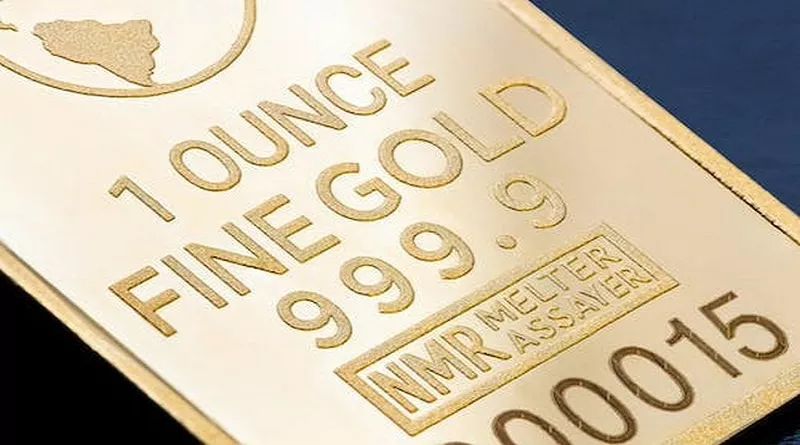The gold-to-silver ratio is a powerful yet often overlooked indicator in the world of precious metal investments. It shows how many ounces of silver are needed to buy one ounce of gold. Tracked for centuries, this ratio offers deep insights into market conditions, investor sentiment, and trading opportunities. For investors in commodities, precious metals, or general finance, understanding this ratio can be a game-changer.
What Is the Gold-to-Silver Ratio?
To calculate the gold-to-silver ratio, divide the current price of gold by the current price of silver.
Example: If gold is priced at ₹1,60,000 per 10 grams and silver at ₹2,000 per 10 grams, then:
Gold-to-silver ratio = ₹1,60,000 / ₹2,000 = 80:1
This means you need 80 units of silver to equal the value of one unit of gold.
The ratio fluctuates depending on:
- Supply and demand
- Inflation expectations
- Currency values
- Economic and political conditions
Historical Perspective
| Era | Gold-to-Silver Ratio |
|---|---|
| Roman Empire | Fixed at ~12:1 |
| 20th Century Average | ~47:1 |
| 2020 Pandemic Peak | Over 120:1 |
These wide fluctuations aren’t random. They reflect broader economic forces, investor behavior, and market psychology.
Why Does the Gold-to-Silver Ratio Matter?
1. Indicator of Market Sentiment
- High ratio → Silver is undervalued → Risk-averse environment
- Low ratio → Silver is strong vs. gold → Industrial demand or economic optimism
2. Strategic Trading Opportunities
Smart traders use the ratio for cyclical trading:
- When ratio is high, buy silver expecting a future correction.
- When ratio is low, shift to gold anticipating silver’s relative decline.
This technique is about accumulating more ounces rather than just chasing price increases.
3. Portfolio Hedging & Diversification
- Gold acts as a safe haven and monetary hedge.
- Silver has dual demand: industrial + precious metal.
Using the ratio, investors can fine-tune their precious metals allocation based on current economic trends.
4. Economic & Geopolitical Barometer
The ratio responds to:
- Inflation fears
- Deflationary pressures
- Currency devaluation
- Interest rate changes
- War or geopolitical instability
Spikes in the ratio usually indicate increased uncertainty or fear-driven investing.
Using the Gold-to-Silver Ratio in the Indian Context
In India, where gold is culturally significant, silver offers a more affordable entry point for retail investors.
How Indian investors can benefit:
- Buy silver when the ratio is unusually high.
- Switch to gold when silver becomes relatively expensive.
- Align investments with global commodity cycles.
- Use silver as a tactical hedge during times of inflation or gold surges.
Limitations of the Gold-to-Silver Ratio
While helpful, the ratio is not a crystal ball. Consider these caveats:
| Limitation | Explanation |
| Industrial Demand | Silver’s heavy industrial use affects prices more than gold. |
| Volatility | Silver markets are thinner and more volatile. |
| Gold Policy Impact | Gold is more influenced by central bank activity and interest rates. |
| No Mean Reversion Guarantee | The ratio may not always return to historical averages. |
Conclusion
The gold-to-silver ratio is more than just a number—it’s a lens through which you can understand the balance between two of history’s most trusted assets.
- For short-term traders, it offers entry and exit signals.
- For long-term investors, it enables smarter asset allocation.
- For Indian investors, it highlights when silver offers more value.
In a world of inflation fears, geopolitical shifts, and evolving financial markets, staying informed about the gold-to-silver ratio can enhance your investment timing and returns.


